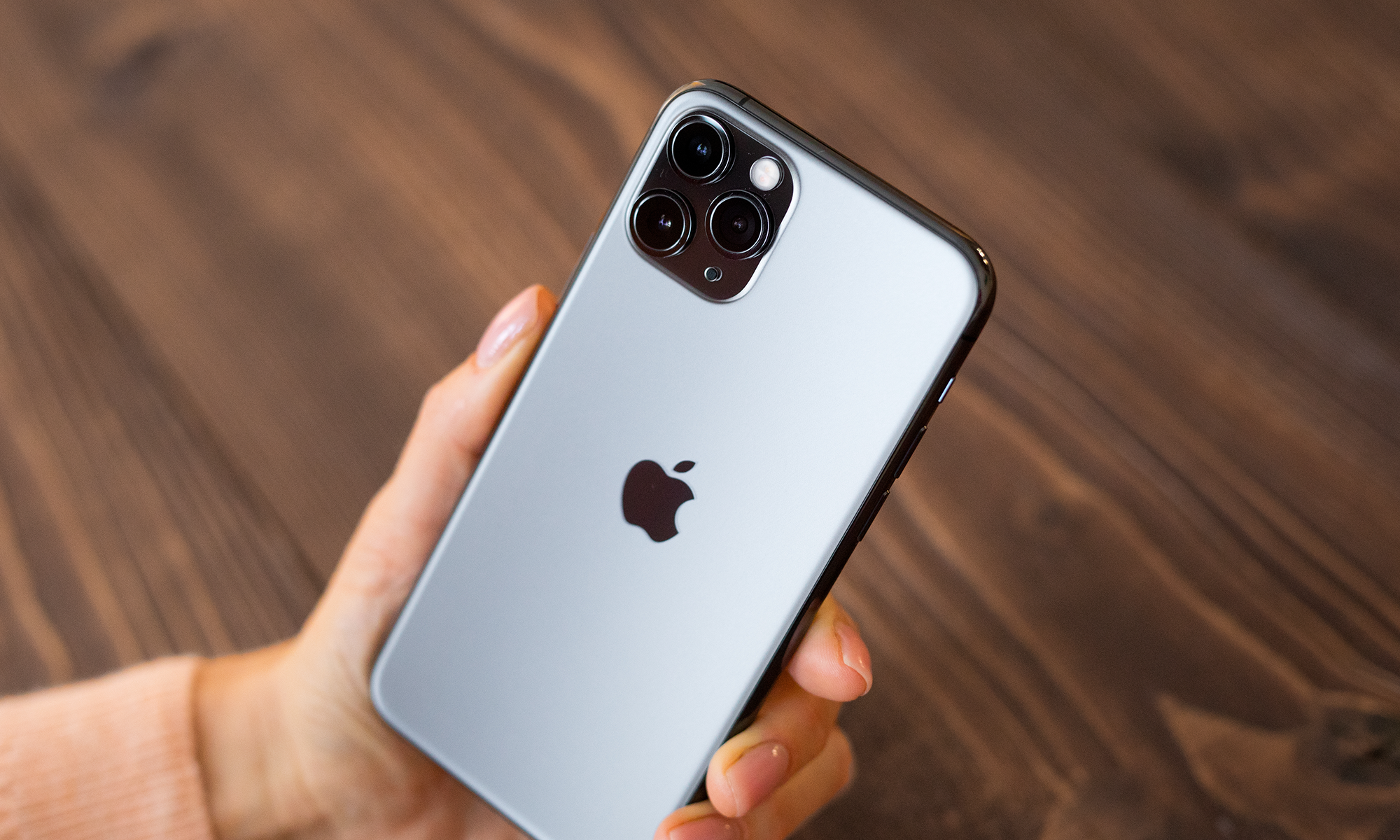BlackBerry's (BBRY 2.46%) new CEO, John Chen, has won praise for reducing expenses as part of a strategy to turn around the company, which was once a dominant, innovative player in mobile tech.
But Chen's strategy goes beyond cost reductions. To regain market share from Apple (AAPL +0.47%) and Samsung, Chen is also taking measures to realign the supply chain, establish a focus on the core strengths of enterprise and security, and strengthen BlackBerry's presence in key markets. More important, Chen is considering releasing new services and products, such as stickers and phablets. Will Chen succeed in turning around BlackBerry?
The problem
It's no secret that BlackBerry failed to anticipate that consumers -- not enterprises -- would drive the smartphone revolution. Moreover, BlackBerry failed to innovate. Apple, on the other hand, released truly revolutionary devices such as the iPod and iPhone that reshaped consumer expectations for electronics under the Steve Jobs era.
For example, by the time Apple was developing the first iPhone, BlackBerry was still focused on producing phones with full keyboards. And when BlackBerry finally decided to release a consumer-focused smartphone, it was simply too late.
As a result, in less than a couple of years, Apple and Google conquered the smartphone arena, leaving BlackBerry with a tiny 3% share of the market. Not surprisingly, the company's stock price collapsed, from $200 in mid-2007 to under $7 by late-2013.
Cash burn
In its most recent quarter, BlackBerry reported a loss of $0.08 per share. Although the figure was far better than what the Street was expecting, the company clearly burned cash, despite its efforts to catch up with Apple and Google by releasing new devices, such as the Z10 model.
The solutions
To stop the cash burn, Chen has been cutting several costs. In September 2013, the company laid off more than 4,000 people. More recently, it sold the bulk of its Canadian real estate holdings, in order to add more cash to its balance sheet.
However, cost reduction measures are not enough to turnaround BlackBerry. This is why Chen is focusing on new services and products that may improve BlackBerry's top line in the mid run.
Stickers
Some of BlackBerry's new products may be far away from the hardware industry. For example, BlackBerry launched stickers for BlackBerry Messenger on February 2014.
It is too early to know if BlackBerry's stickers will succeed in replicating Line's success. As a messenger app extremely popular in Asia, Line makes more than $10 million a month from selling stickers.
For BlackBerry, there are quite positive early signs. In South Africa, BlackBerry messenger rocketed to No. 3 on the iPhone social networking app chart in terms of revenue generation. The app also experienced hot early sales in Indonesia, Canada, and India.

Source: BlackBerry
The Phablet
Chen also gave hints during a recent visit to Indonesia that the company may be thinking of developing a phablet to accelerate BlackBerry's top line. Phablets, which accounted for 10.5% of smartphone shipments in the first quarter of 2014, are a fast-growing industry, and could help Chen to achieve his ideal target of 10 million phone sales per year.
Note that if BlackBerry decides to release a phablet, it will have to compete against huge players, as even Apple may be interested in releasing a phablet. There have been several reports of Apple struggling to develop a 5.5-inch device.
Final Foolish takeaway
By releasing new services and keeping costs low, Chen could eventually turn around BlackBerry. As a matter of fact, there are some positive signals that suggest BlackBerry may have started to catch up with its competitors in terms of sales of devices. For example, BlackBerry sales in Toronto have been running roughly 15% higher than the iPhone's year-to-date sales as of May 2014. According to the same source, BlackBerry's sales in North America accounted for 6% of overall sales between December 2013 and May 2014, behind only Apple and Android devices. The release of new services and products, such as stickers and phablets, could help BlackBerry to further improve its top line and make the distance to a turnaround closer.







